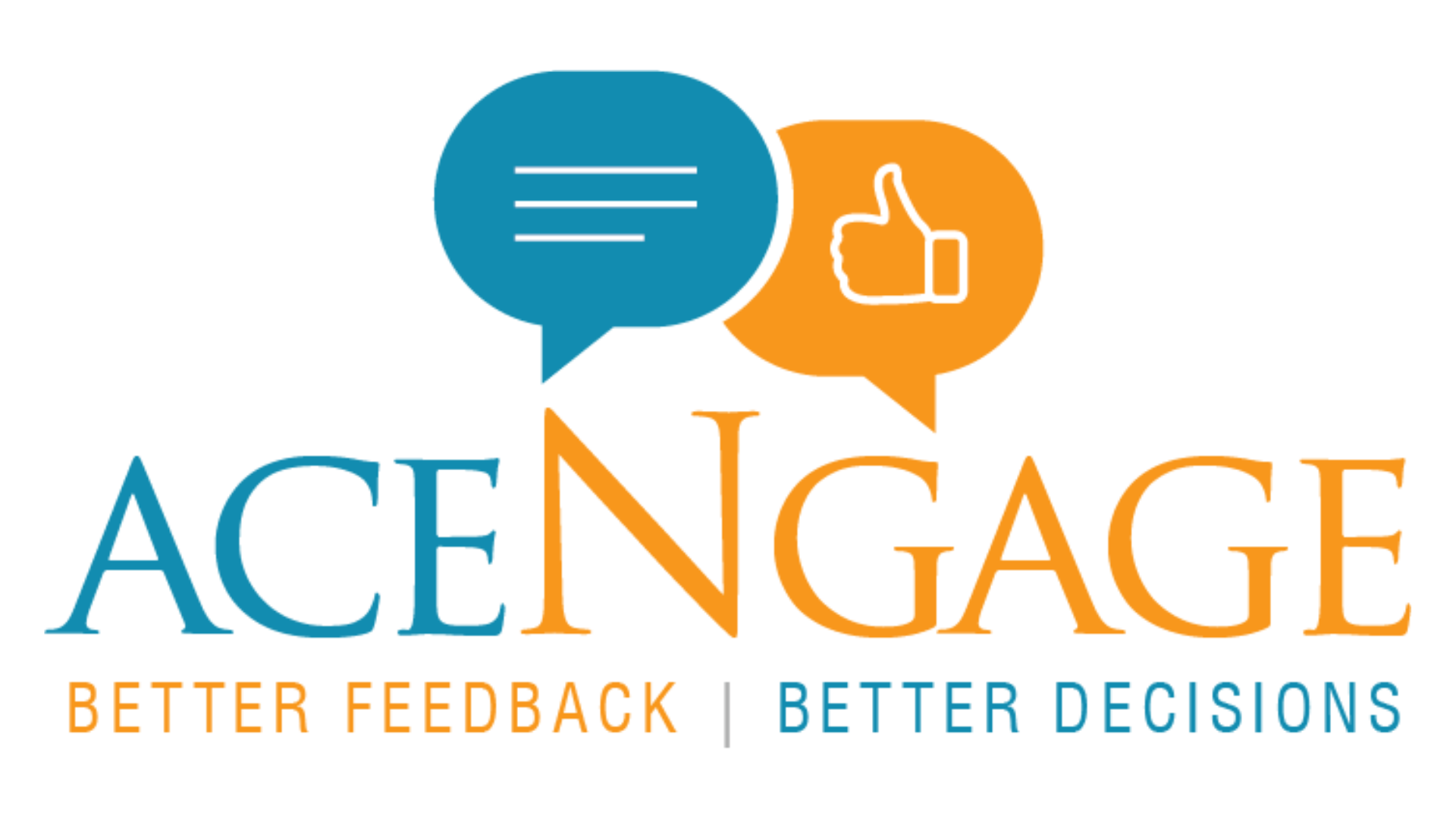[vc_row row_type=”row” text_align=”left”][vc_column][ultimate_spacer height=”20″][vc_column_text]In the contemporary and dynamic business landscape, leadership training has undergone a significant transformation to meet the evolving demands placed on today’s leaders. Outdated leadership development programs, which once relied on traditional approaches, have given way to innovative and forward-thinking methods designed to equip modern leaders with the skills and knowledge necessary to excel in their roles.
[/vc_column_text][ultimate_spacer height=”20″][vc_row_inner][vc_column_inner][vc_column_text]
The Evolution of Leadership
The role of a leader in the 21st century has undergone a remarkable shift, departing from the traditional top-down hierarchical model towards a more inclusive and collaborative approach. Modern leaders are expected to demonstrate adaptability, agility, and the ability to navigate uncertainty effectively.
Leadership training for employees has evolved to redefine the skills and qualities expected of today’s leaders to address these evolving expectations.
[/vc_column_text][/vc_column_inner][/vc_row_inner][ultimate_spacer height=”20″][vc_row_inner][vc_column_inner][vc_column_text]
The Significance of Emotional Intelligence (EQ) and Self-Awareness
In the contemporary leadership landscape, emotional intelligence (EQ) takes center stage. Modern leaders are expected to display empathy, self-awareness, and adept emotional management. Leadership training programs strongly emphasize the development of emotional intelligence as a fundamental aspect of building positive relationships with team members and stakeholders.
Leaders are encouraged to engage in introspection and mindfulness practices, enhancing their self-awareness. These practices contribute to a deeper understanding of one’s emotions, motivations, and reactions, ultimately enabling more effective interactions with their teams.
[/vc_column_text][/vc_column_inner][/vc_row_inner][ultimate_spacer height=”20″][vc_row_inner][vc_column_inner][vc_column_text]
Inclusive and Diverse Leadership
Inclusivity and diversity have become paramount in modern leadership. Effective leaders recognize the value of diverse perspectives and the importance of creating inclusive environments where every voice is heard and respected. Leadership training programs now incorporate modules on combating unconscious bias, promoting diversity and inclusion, and harnessing the benefits of diverse teams.
Modern leaders are encouraged to actively advocate for diversity in their organizations and create an inclusive culture where individuals from all backgrounds feel welcomed and valued. This shift in leadership skills training bolsters better decision-making, innovation, and overall employee satisfaction.
[/vc_column_text][/vc_column_inner][/vc_row_inner][ultimate_spacer height=”20″][vc_row_inner][vc_column_inner][vc_column_text]
Facilitate Workers’ Access to Information Regarding Organizational Shifts
If workers aren’t informed about organizational shifts, they won’t feel as invested in their jobs. Therefore, it is essential that workers receive accurate information about the changes that may affect them in the workplace. Workers who are given insight into the reasoning for organizational shifts report feeling more invested in their jobs as a result. Workers will be more prepared for changes that influence their jobs if they are informed in advance of the upcoming changes and kept abreast of workplace developments.
One way to do this is to discuss the implementation of workplace reforms openly. It’s also important to update workers with any new information that may affect them as soon as possible. Explain the situation and provide an explanation in a note, email, or posting on the bulletin board. It may also be useful to conduct a poll of employees to get their feedback on the modifications.
[/vc_column_text][ultimate_spacer height=”20″][/vc_column_inner][/vc_row_inner][vc_row_inner][vc_column_inner][vc_column_text]
Adaptive Leadership
In an ever-changing world, leaders must demonstrate adaptability and resilience. While traditional leadership training for employees often centers on fixed leadership styles and principles, modern leadership skills training champions the concept of adaptive leadership. This approach recognizes that the most effective leadership style may vary depending on the specific situation and context.
Modern leaders are trained to be flexible and capable of adjusting their leadership styles to suit the needs of their teams and organizations. This encourages leaders to remain open to new ideas and continuously learn and evolve.
[/vc_column_text][/vc_column_inner][/vc_row_inner][ultimate_spacer height=”20″][vc_row_inner][vc_column_inner][vc_column_text]
Technology and Digital Literacy
Leaders must possess digital literacy to make informed decisions and lead their organizations effectively in the digital age. Leadership training programs now incorporate technology-related topics such as data analysis, digital marketing, and cybersecurity.
Modern leaders are encouraged to stay abreast of technological trends and understand how emerging technologies can impact their industries. Digital literacy is no longer a choice; it’s a fundamental requirement for modern leadership.
[/vc_column_text][ultimate_spacer height=”20″][vc_column_text]
Authentic Leadership
Authenticity is highly prized in modern leadership. Leaders are encouraged to be genuine, transparent, and true to themselves. This approach fosters trust and credibility, enabling leaders to connect with their teams on a deeper level.
Leadership training strongly emphasizes personal values, integrity, and ethical decision-making. Modern leaders are guided in how to lead with authenticity and build robust, lasting relationships with their teams.
[/vc_column_text][ultimate_spacer height=”20″][vc_column_text]
Cross-Functional Collaboration
Modern leaders often oversee cross-functional teams where expertise from various departments is vital to achieving organizational goals. Leadership training now includes modules on how to lead and collaborate effectively with professionals from different functional areas.
Leaders are trained to foster open communication, break down silos, and make an environment where team members feel comfortable sharing their expertise. Cross-functional collaboration leads to better decision-making, problem-solving, and innovation.
[/vc_column_text][ultimate_spacer height=”20″][vc_column_text]
Remote and Hybrid Work Leadership
The COVID-19 pandemic accelerated the adoption of remote and hybrid work models. Leadership training has adapted to prepare leaders for the unique challenges of managing remote and distributed teams. Modern leaders must be proficient in virtual communication, remote team management, and ensuring remote team members remain engaged and motivated.
Leadership training programs address strategies for maintaining team cohesion, setting clear expectations, and providing remote employees with the necessary support and resources.
[/vc_column_text][ultimate_spacer height=”20″][vc_column_text]
Resilience and Mental Health Awareness
Modern leaders encounter significant stress and pressure in their roles. Leadership training now includes modules on resilience-building techniques and mental health awareness. Leaders are taught how to manage stress, maintain their mental health, and support the well-being of their teams.
Promoting a healthy work-life balance, recognizing signs of burnout, and creating a culture of well-being are integral components of modern leadership training.
[/vc_column_text][ultimate_spacer height=”20″][/vc_column_inner][/vc_row_inner][vc_row_inner][vc_column_inner][vc_column_text]
Conclusion
Leadership training has come a long way from the traditional models of the past. In the fast-paced and complex world of modern business, leaders require a diverse skill set that goes beyond just technical expertise. They need emotional intelligence, adaptability, inclusivity, and a deep understanding of technology and digital trends. Authenticity, cross-functional collaboration, and the ability to lead remote teams are critical components of modern leadership.
Modern leaders encounter significant stress and pressure in their roles. Leadership training now includes modules on resilience-building techniques and mental health awareness.
As leadership continues to evolve, so too will the approaches to leadership training. Innovative training programs are essential for preparing leaders to navigate the challenges and opportunities that the future holds. By embracing these innovative approaches, modern leaders can better position themselves and their organizations for success in today’s and tomorrow’s dynamic and ever-changing business landscape.
[/vc_column_text][ultimate_spacer height=”20″][ultimate_spacer height=”20″][/vc_column_inner][/vc_row_inner][vc_row_inner][vc_column_inner width=”1/2″][vc_column_text]
[/vc_column_text][/vc_column_inner][vc_column_inner width=”1/2″][vc_column_text]
[/vc_column_text][/vc_column_inner][/vc_row_inner][ultimate_spacer height=”40″][/vc_column][/vc_row][vc_row][vc_column][vc_raw_html]JTNDc2NyaXB0JTIwdHlwZSUzRCUyMmFwcGxpY2F0aW9uJTJGbGQlMkJqc29uJTIyJTNFJTBBJTdCJTBBJTIwJTIwJTIyJTQwY29udGV4dCUyMiUzQSUyMCUyMmh0dHBzJTNBJTJGJTJGc2NoZW1hLm9yZyUyMiUyQyUwQSUyMCUyMCUyMiU0MHR5cGUlMjIlM0ElMjAlMjJCbG9nUG9zdGluZyUyMiUyQyUwQSUyMCUyMCUyMm1haW5FbnRpdHlPZlBhZ2UlMjIlM0ElMjAlN0IlMEElMjAlMjAlMjAlMjAlMjIlNDB0eXBlJTIyJTNBJTIwJTIyV2ViUGFnZSUyMiUyQyUwQSUyMCUyMCUyMCUyMCUyMiU0MGlkJTIyJTNBJTIwJTIyaHR0cHMlM0ElMkYlMkZ3d3cuYWNlbmdhZ2UuY29tJTJGbGVhZGVyc2hpcC10cmFpbmluZy1yZWRlZmluZWQtaW5ub3ZhdGl2ZS1hcHByb2FjaGVzLWZvci1tb2Rlcm4tbGVhZGVycyUyRiUyMiUwQSUyMCUyMCU3RCUyQyUwQSUyMCUyMCUyMmhlYWRsaW5lJTIyJTNBJTIwJTIyTEVBREVSU0hJUCUyMFRSQUlOSU5HJTIwUkVERUZJTkVEJTNBJTIwSU5OT1ZBVElWRSUyMEFQUFJPQUNIRVMlMjBGT1IlMjBNT0RFUk4lMjBMRUFERVJTJTIyJTJDJTBBJTIwJTIwJTIyaW1hZ2UlMjIlM0ElMjAlMjJodHRwcyUzQSUyRiUyRnd3dy5hY2VuZ2FnZS5jb20lMkZ3cC1jb250ZW50JTJGdXBsb2FkcyUyRjIwMjMlMkYxMiUyRmxlYWRlcnNoaXAtdHJhaW5pbmcuanBnJTIyJTJDJTIwJTIwJTBBJTIwJTIwJTIyYXV0aG9yJTIyJTNBJTIwJTdCJTBBJTIwJTIwJTIwJTIwJTIyJTQwdHlwZSUyMiUzQSUyMCUyMk9yZ2FuaXphdGlvbiUyMiUyQyUwQSUyMCUyMCUyMCUyMCUyMm5hbWUlMjIlM0ElMjAlMjJBY2VuZ2FnZSUyMiUyQyUwQSUyMCUyMCUyMCUyMCUyMnVybCUyMiUzQSUyMCUyMmh0dHBzJTNBJTJGJTJGd3d3LmFjZW5nYWdlLmNvbSUyMiUwQSUyMCUyMCU3RCUyQyUyMCUyMCUwQSUyMCUyMCUyMnB1Ymxpc2hlciUyMiUzQSUyMCU3QiUwQSUyMCUyMCUyMCUyMCUyMiU0MHR5cGUlMjIlM0ElMjAlMjJPcmdhbml6YXRpb24lMjIlMkMlMEElMjAlMjAlMjAlMjAlMjJuYW1lJTIyJTNBJTIwJTIyQWNlbmdhZ2UlMjIlMkMlMEElMjAlMjAlMjAlMjAlMjJsb2dvJTIyJTNBJTIwJTdCJTBBJTIwJTIwJTIwJTIwJTIwJTIwJTIyJTQwdHlwZSUyMiUzQSUyMCUyMkltYWdlT2JqZWN0JTIyJTJDJTBBJTIwJTIwJTIwJTIwJTIwJTIwJTIydXJsJTIyJTNBJTIwJTIyaHR0cHMlM0ElMkYlMkZ3d3cuYWNlbmdhZ2UuY29tJTJGd3AtY29udGVudCUyRnVwbG9hZHMlMkYyMDIxJTJGMTElMkZhY2VuZ2FnZS1sb2dvLnBuZyUyMiUwQSUyMCUyMCUyMCUyMCU3RCUwQSUyMCUyMCU3RCUyQyUwQSUyMCUyMCUyMmRhdGVQdWJsaXNoZWQlMjIlM0ElMjAlMjIyMDIzLTEyLTA4JTIyJTBBJTdEJTBBJTNDJTJGc2NyaXB0JTNFJTBB[/vc_raw_html][/vc_column][/vc_row]






